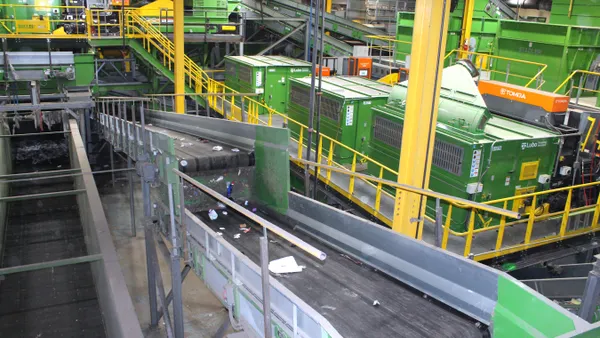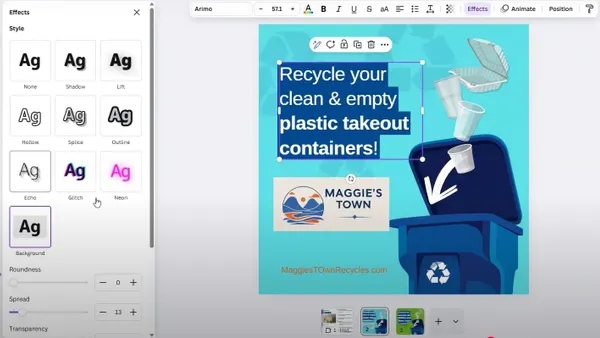Dive Brief:
- Bloomberg Business investigated where iPhones and other Apple tech products "go to die," finding that Apple works with Hong Kong-based contractor Li Tong Group to break down and recycle its phones. Li Tong Group is part of a global recycling network committed to 50 rules tied to handling the devices, ranging from security, to auditing, to destruction of the phones.
- In order to have phones to send to Hong Kong, Apple offers customers gift cards with balances from $100 to $350 for selling back devices. They are tested to determine whether the handset can be resold, and Apple pays for the deconstruction and owns the product and whatever’s left of it once it’s processed.
- The processing protocol takes place in vacuum-sealed rooms that capture all emissions. Once devices are shredded, the recycling partners can profit on other extracted materials such as gold and copper with the remainder remanufactured into aluminum window frames, furniture, or glass tiles. Apple does not allow iPhones to be shipped across regions or for remnants to be mixed with scrap from other brands, and stipulates all storage be wiped off and logos removed.
Dive Insight:
Apple said it collected more than 40,000 tons of e-waste in 2014, recovering enough steel to lay 100 miles of railway track. Li Tong Group, with three recycling sites in Hong Kong and a dozen more worldwide, expects 20% growth in global capacity this year.
Other corporations that crank out new products that will eventually reach the end of their lives have jumped on the e-cycling bandwagon. Verizon reached its 2010 target of recycling 2 million pounds of electronic waste and is shooting to collect 2 million more pounds by 2020. NextWorth Solutions is buying into the movement, too.
But Apple is leading the way. The corporation recycles 85% of devices that have reached seven years of life — the industry standard is 70%, by weight, by that stage in a product’s life.
"I think people expect it of us. I think our customers hold us to a high standard," said Lisa Jackson, Apple’s head of environmental affairs, to Bloomberg. However, Jackson went on to explain the importance of being held to such a high standard.
"There’s an e-waste problem in the world," she said. "If we really want to leave the world better than we found it, we have to invest in ways to go further than what happens now."









